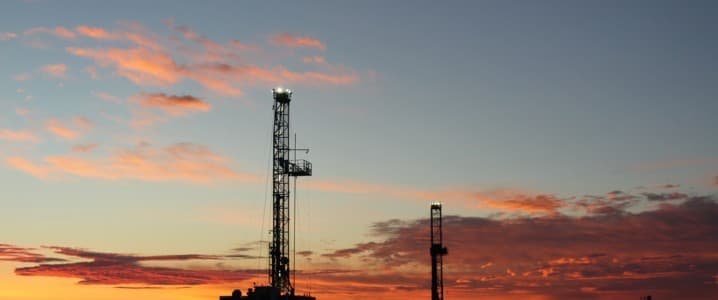Seven indigenous communities in the Amazon have spoken out against a plan by the Ecuadorian government to open up oil and gas exploration at 49 blocks that could bring in a total of $47 billion, the Associated Press has reported, adding that environmentalists are also protesting government plans.
Per the government itself, the “hydrocarbon roadmap” would modernize the country’s oil industry and boost foreign investments, helping Ecuador increase its output of oil and gas. Opponents, however, claim the plan encroaches on their ancestral lands and goes against the Ecuadorian constitution, which features protection stipulations for these lands.
“The government is pushing ahead with plans to auction 18 oil blocks in our ancestral territories without free, prior and informed consent. That is a constitutional and international right the state is violating,” one representative of the indigenous communities said, as quoted by the AP.
The current Ecuadorian government has taken a pro-oil stance, which is hardly surprising given that the country’s biggest export commodity is oil. However, production has been declining despite efforts by previous administrations as well to draw more foreign capital to the local industry. Indigenous community and environmentalist protests are one reason for investors’ reluctance and another is the frequent disruption of production due to problems with the country’s pipeline network.
This year, in July alone, production was disrupted twice because of soil erosion that prompted the temporary shutdown of the two pipelines that carry crude from Ecuador’s fields to export terminals. The first July suspension cut Ecuador’s crude output by an estimated 133,000 barrels per day, based on Petroecuador data, placing fresh strain on the country’s oil-dependent economy. Ecuador produced about 464,000 bpd on average in 2024, according to official statistics.
The new government that came into power in 2023 is relying on a boost of oil production to shore up Ecuador’s finances, and on a similar boost in mining investment. Both, however, have already come under fire from activists, one of whom said it plainly: “Indigenous resistance, civil society mobilization, and growing international pressure will continue to expose these projects as illegitimate, unlawful, and unfinanceable.”
By Charles Kennedy for Oilprice.com
More Top Reads From Oilprice.com

